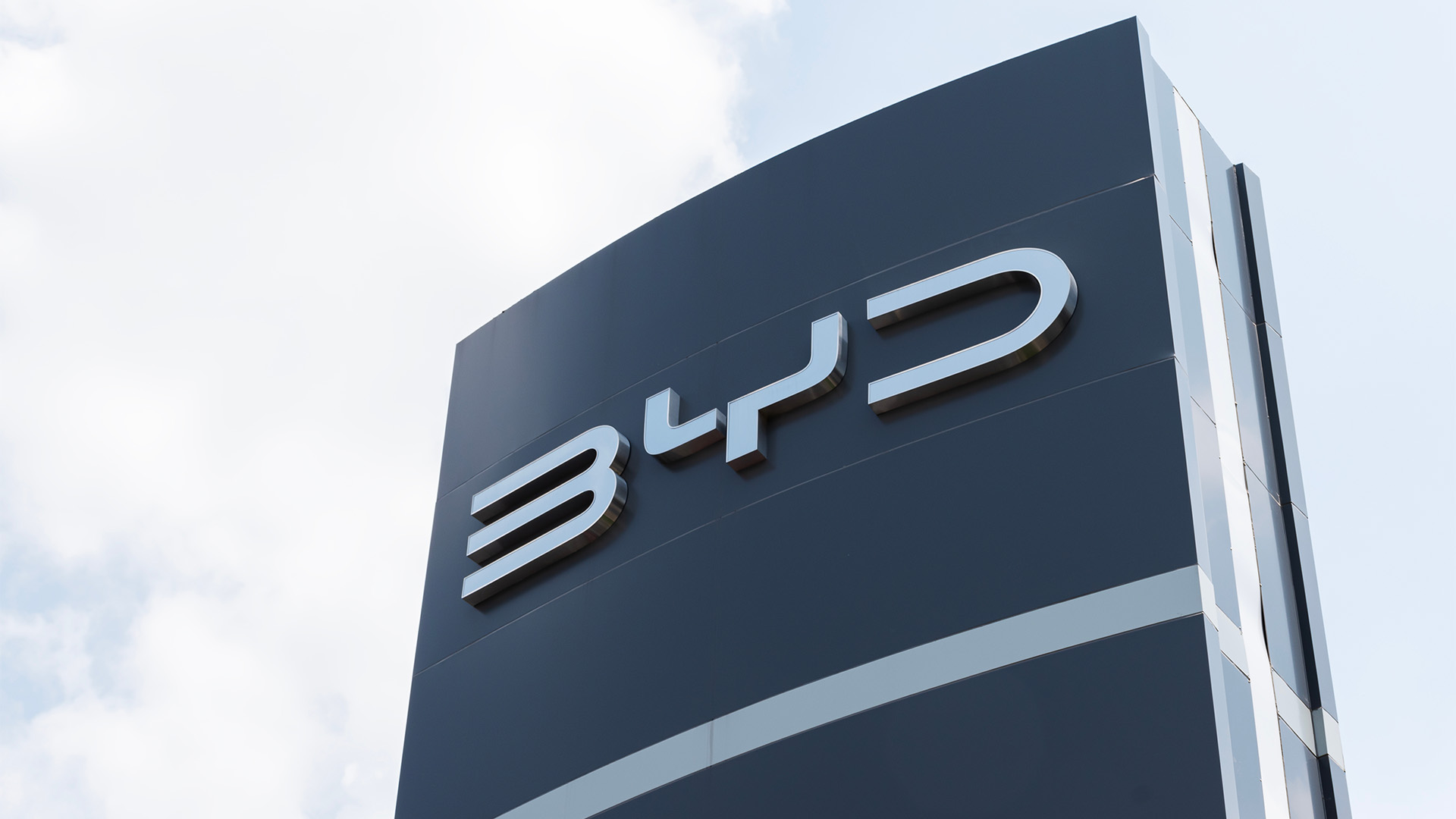Toyota Motor Co has joined its fossil fuel peers – Shell, Exxon Mobil, and Chevron – in demonstrating the lucrative opportunities still available in the oil industry.
Exxon Mobil, Chevron, and Shell showcased their resilience in the oil and gas sector, proving their ability to handle substantial impairments and losses on unwanted assets while maintaining significant earnings and cash flow.
On Tuesday, Toyota revealed its robust profitability despite being one of the most hesitant major car manufacturers to transition to renewables and electric vehicles (EVs). This success comes following the resolution of supply chain disruptions caused by the pandemic and the Russian invasion of Ukraine in February 2022.
In its third-quarter financial report, Toyota increased its full-year operating profit forecast by nearly 9%, attributed to higher sales volumes and a weaker yen, which bolstered its revenue and earnings through December.
The world's largest carmaker now predicts a profit of 4.9 trillion yen ($US33 billion) for the current year, up from the previous estimate of 4.5 trillion yen. Sales are also expected to reach 43.5 trillion yen (approximately $US320 billion), compared to the earlier projection of 43 trillion yen.
This positive outlook stands in contrast to the pessimistic forecasts provided by many competitors, such as GM, Tesla, and BYD, who are experiencing slowing sales growth, production cuts, and decreasing demand for electric vehicles.
Toyota's operating profit for the last quarter of the year totaled 1.68 trillion yen ($US11.3 billion), marking a 75.7% increase from the previous year and exceeding market expectations. For the nine months ending in December, operating profit reached 4.24 trillion yen, reflecting a 102.1% surge compared to the same period in 2022.
Despite lagging in battery-powered EVs, Toyota remains focused on its expanding fleet of hybrid vehicles, pioneered over a quarter-century ago with the Prius model. Hybrids accounted for roughly one-third of total sales (more than 10 million vehicles) under the Toyota and luxury Lexus brands in the previous year, with just over 100,000 pure battery-powered EVs sold.
Toyota retained its position as the world's top-selling automaker for the fourth consecutive year, achieving record annual sales of 11.2 million vehicles in 2023, including the Daihatsu and Hino brands. However, the company grapples with a series of scandals at its group companies concerning product certification test procedures, potentially affecting its reputation for quality and safety.
Despite the challenges, Toyota's chairman expressed skepticism in January about battery-powered cars dominating the global car fleet, suggesting they would only comprise about one-third of the total, with other power sources like fuel cells and hydrogen playing a significant role.














